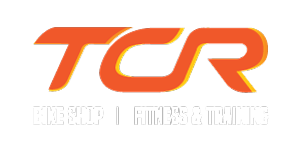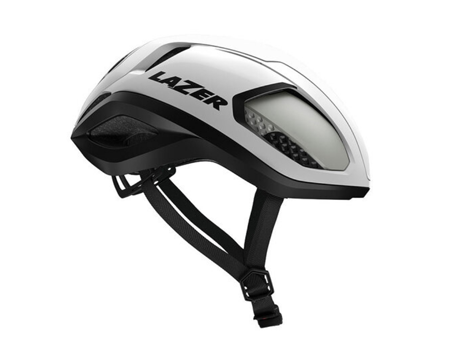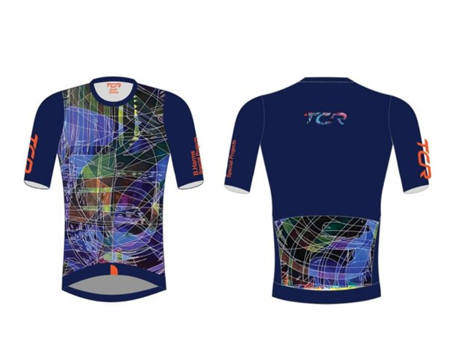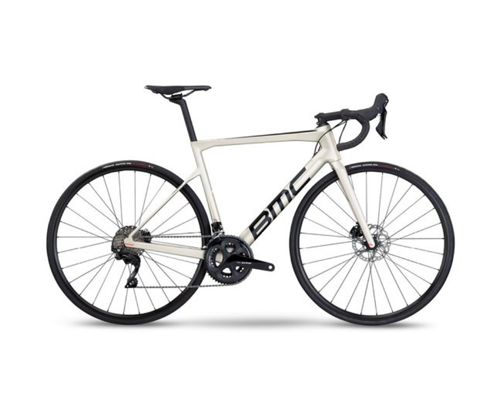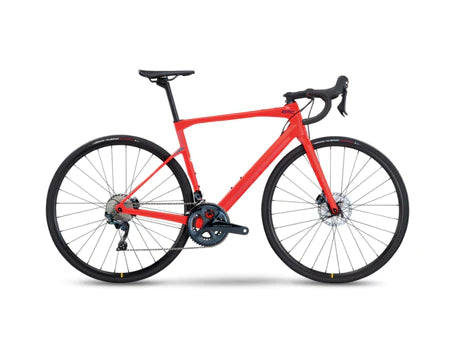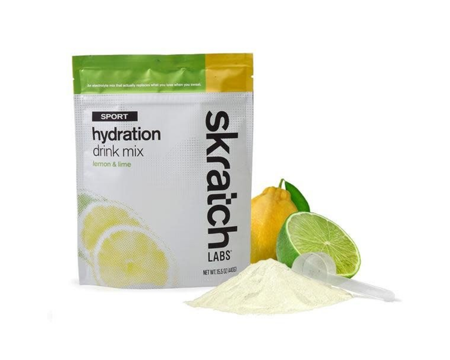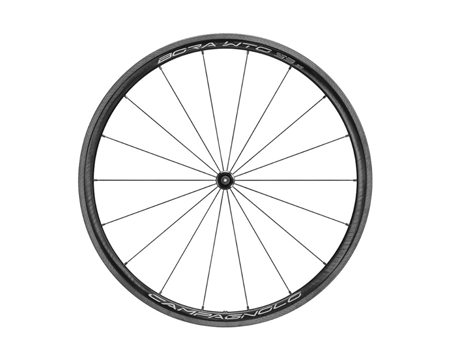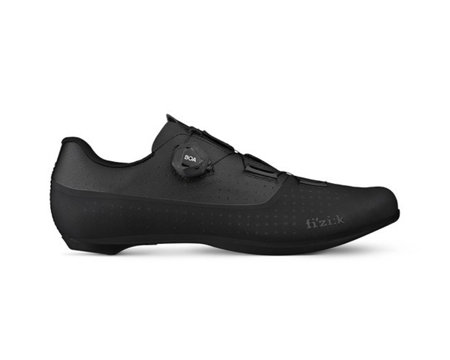Systems vs Goals
By Coach Selina & Cory.
We have been taught for so long that to ‘improve’ our lives, to make changes in a positive direction, we need to set ourselves goals. Think New Years Resolutions… here we are in March and how many of us are still following our resolutions? Research shows that the average length of time we keep our resolution is just 36 days. So right about now most of us are giving up.
Why is this? Its not because the outcome we desired is any less important to us, but without a method – a SYSTEM – to reach that goal, the steps we take towards it each day just don’t seem to offer the reward we were looking for. One of our favourite authors is James Clear who wrote the book Atomic Habits and is worthy of a read regarding training, habits and systems. As Clear states, "Goals are good for setting a direction, but systems are best for making progress. A handful of problems arise when you spend too much time thinking about your goals and not enough time designing your systems."
Think about the GOAL of a tidy house… we all hate clutter so go on a purge to clean things up. The GOAL has been achieved. Temporarily… Without a SYSTEM to keep the clutter at bay, it creeps back and before we know it, we are back to living in chaos.
It is the same with our athletic aspirations, and even more applicable in COVID times. If you are purely goal driven, only looking for a race result, be that placement or time, or even ‘just’ to finish, then you will have been sorely disappointed this past year and may well no longer be exercising the way you were. What is the point if there isn’t an event? But then you have to think, even if there is an event, what happens once it is done? If you are entirely focused on the goal – the outcome, then what when it is over? Whether you achieved your goal or not, the outcome is only temporary. Win or lose, that feeling only lasts a while.
But what if you had a different focus? What if instead of only looking at the outcome, you looked at the process to get you there? When looking at an event, what separates the winner from 2nd place? The person who came 2nd probably had the same goal as the person who won (to be number one) so the goal wasn’t different. You have to look deeper for the differentiation. The preparation, the plan they put in place to get them there. It may well be that the person who won was physically better than the person who came 2nd, but if the winner was only focused on the goal, whereas the person who came 2nd was focused on their system that led them to be the best they could on the day, who walks away with the longer term satisfaction?
I can relate to that from my own experience… when I first started racing Ironmans back in 2011, I was told that I had potential to qualify for the World Championships in Kona (every Ironmans dream!) so I focused on that goal. Not surprisingly, my first race did not accomplish that outcome. I had wicked blisters, walked a good chunk of the marathon and sat on my phone bawling my eyes out to my daughter after the race apologising for being such a failure. A failure?! I had just completed my first Ironman in around 12 hours and achieved 7th place! Hardly a failure. But I was so focused on the goal of Kona, rather than the process to get me there, I couldn’t see that.The next year I raced Ironman Canada in Penticton and knew I had put in solid training going in and felt great. It was the final year of IMC out there before it moved to Whistler, so after 30 years it was a veritable ‘whos who’ of athletes that had come out to bid farewell so I had no expectations other than I wanted to run the whole run. As I went to the water, my garmin was dead so for the entire race I had no data. I didn’t know how long the swim had taken me, I didn’t know what power I was putting out on the bike, I didn’t know what my heart rate was, on the run I had no clue on pace and couldn’t even find a clock to look at to see how much time had elapsed from the start. All I knew was how my body felt. And it felt good With 10k to go to the finish of the run, I was walking through an aid station to get my fluids in (that doesn’t count as actual walking!) when a gal told me that if we kept going we would break 11 hours. Stop the clock in an Ironman at 10-something?!! I couldn’t believe my ears and hoofed it to the finish, indeed finishing sub 11. A 3.54 marathon gave me a finish time of 10.54 as a 40-something Mom of 3. I was beyond ecstatic. As a GOAL, sub 11 was barely on my radar – just a pipe dream I thought. I put in the work to allow my body to do the best it could and then just did it on the day, enjoying each moment. As with my first race, even this result was ‘only’ good enough for 7th and I had so many people ask me how disappointed I felt – that with a time like that I wasn’t going to Kona. Disappointed?! I wanted to punch them! I had just finished the race of my life, finished in a time I would never have thought possible if that’s all I was focused on and in the process found the system of work that got my body to perform the best it could on the day. It just happened that on that day there were 6 other amazing women athletes who were faster than me, but that couldn’t take away from what I had just accomplished.
Along the way, over the next few years, I somehow got away from the system approach and got caught up in times, paces and again, finished my Ironmans disappointed, rather than celebrating the strength that got me to the finish line each time – one of those being a podium finish to boot.In 2019, I got back to the system state of mind. I sat down and put together a plan of work, a system that would allow me to achieve my goal of once again running the entire marathon of the IM. Every race from 2013-2018 I had ended up walking so my only GOAL in 2019 was to run the entire thing and I implemented a system of training that I knew would allow me to do that.And sure enough by sticking to the system of consistent workouts leading up to the race, I achieved my goal – once again I ran the entire marathon portion of an IM. What I didnt realise until I finished was that this time, in the process, I had achieved another goal. Well 2 actually. I had not only won, but my 1st place finish qualified me for Kona. The difference between 2011 and 2019 wasn’t my goal – it was the process I used to get me to the start line of the race.And now we are in COVID times, the system I have in place is unchanged. Sure, there aren’t any races, but my goal is to be in the best physical shape I can be. That means that every day I need to do something to improve.
I don’t live and die by my wattage on the bike or the pace on my run. Some days I’m the windshield of the workout, other days I’m the bug! If all I focused on was the numbers, I would be disappointed about as much as I am would be happy. Instead I get up, I do whatever the workout is, to the best of my ability on that day. Whatever that number is, I don’t sweat it, I dont dwell on it, it doesn’t define me or make me a better (or worse!) person – it simply moves me incrementally towards my goal of being the best I can be. There will always be someone faster than I am, but if my focus is the system I have in place, to make small changes every day for me, then I will always succeed, whatever the numbers tell me.
It is an approach I encourage all the athletes I coach to take. Be process not goal driven. For sure set yourself a goal, but that should be an event on the system continuum, not the final thing you do. Because if that’s all you have – your goal – where do you go after that? Strive for small ways to make improvements. Don’t measure your success in just numbers, but in whether you did something to keep yourself moving forward rather than sliding backwards. Try this new way of thinking – you may just surprise yourself.
